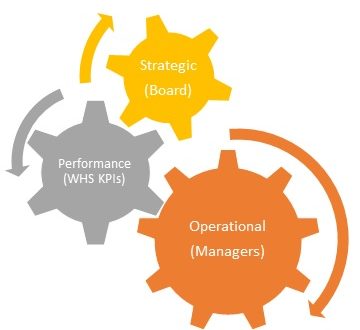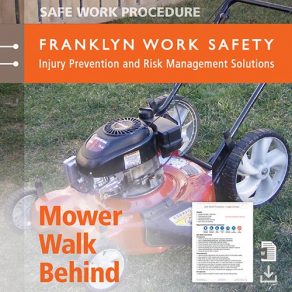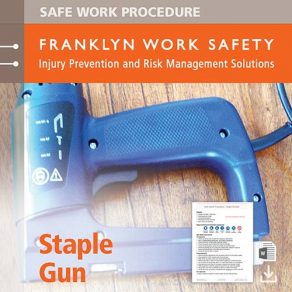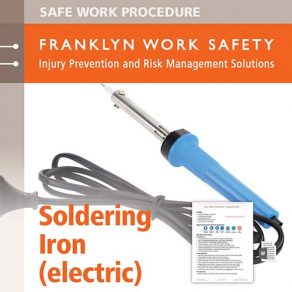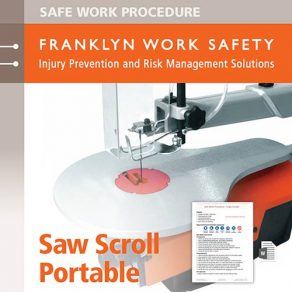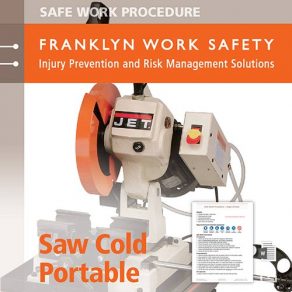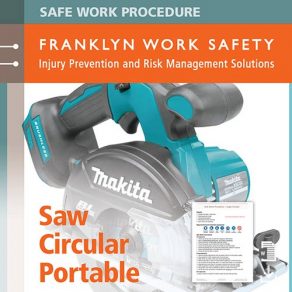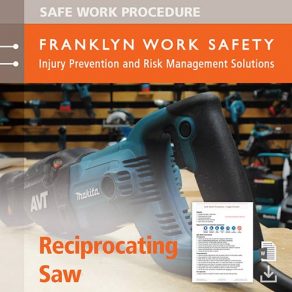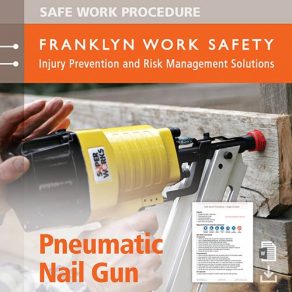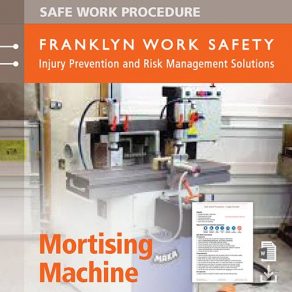Officers’ WHS Due diligence
Exercising due diligence in decision-making is an essential element of good business practice. It is also a requirement that officers must observe under both the Corporations Act and under s 27 of the model WHS Act. The standard of due diligence required by an officer to discharge his or her WHS duty represents the mandatory baseline of standards, accountabilities and consequences for the actions of those persons in positions of control of work. The steps identified in s 27(5) of the model WHS Act, which sets out the meaning of ‘WHS due diligence’, provide a useful framework for identifying, organising and reporting the WHS information needed to protect the health and safety of workers and other persons, and support business decisions. They require officers to take reasonable steps to acquire and keep up-to date knowledge of WHS matters and ensuring that the Person in Control of the Business or Undertaking (PCBU – Safe Work Australia Guideline on Meaning of PCBU ) has, and implements, processes for complying with its WHS duties.
The Role(s) of officers: Directors versus Managers
The ‘officers’ of a PCBU are those people whose decisions affect the whole or a substantial part of the business and typically have significant control and oversight over the various systems and resources that directly and indirectly influence WHS. While ‘officers’ include both company directors and some senior managers, there is an important distinction between the role and purpose of a board and that of the senior management team.
- The board’s role is to provide strategic direction to the business and to oversee the management of business risks (including those related to WHS). Boards do not manage risk directly, but they must: understand the purpose, the operations and the risks of a business; ensure adequate resources and personnel are made available to managers; develop suitable internal controls for the organisation; and actively seek assurance that risk is being managed appropriately.
- Management’s role is to manage the day-to-day business operations and performance of the organisation. This includes identifying and managing the range of business risks (including those related to WHS), monitoring financial and non-financial performance, and selecting and communicating to the board relevant and material information about organisational risk, position and performance.
Although boards and management differ in their focus and decisions, all officers influence WHS both directly (through decisions about WHS strategy, systems, programs, initiatives and resourcing) and indirectly (as both routine and extraordinary business decisions impact organisational culture and WHS outcomes). Decisions that produce safe, healthy and productive work therefore require an understanding of financial, operational and WHS matters and an appreciation of the relationships between them.
Article Source: Safe Work Australia – Measuring and Reporting on Work Health and Safety 2017

